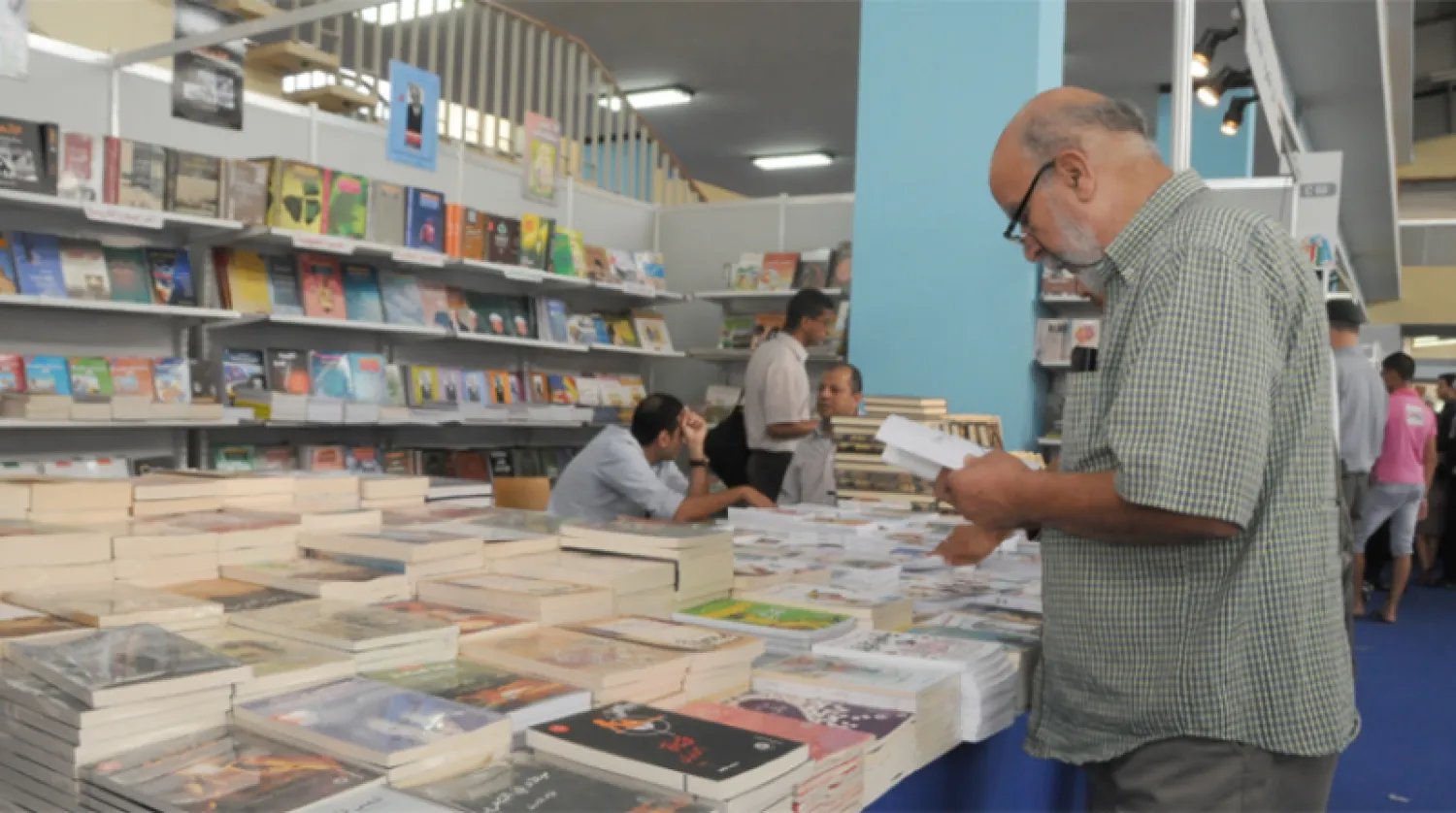Algeria's cultural authorities officially banned dozens of Iranian publications from partaking in the 22nd International Book Fair it hosts.
The book fair kicks off on Thursday in the capital’s eastern suburbs and is scheduled to run until the fifth of November.
Book Fair general manager Hamidou Messaoudi told Asharq Al-Awsat that banned works "incite sectarianism and violence and contradict the Maliki doctrine, which is followed by the majority of the Algerian people."
Messaoudi refused to list banned titles, in an effort to avoid granting them free publicity.
Sources close to the fair’s organizing team said that books subject to exclusion are the product of Iranian publishing houses.
Messaoudi explained that the reading committee closely monitors participating material and has recommended immediate confiscation, informing publishing houses affiliated with banned books that they would not participate in the cultural event.
The government is extremely vigilant when it comes to cultural activity in Algeria, especially with regard to religious and political writings.
Some 10 books were banned from the Exhibition Centre in Algiers, arguing that some "glorify French colonialism” and others strongly attack the military establishment and President Abdelaziz Bouteflika by calling him to step down.
Among the banned works of intellectuals were those belonging to Mohamed Harbi who lives in France.
Authorities reserve the right to disclose the names of publishing institutions that have been banned by, claiming that this will give them the opportunity to file lawsuits on the grounds that their reputation has been harmed.
Algerian authorities also believe that religious books were directly related to rising violence-- groups affiliated with extremist religious movement in the early 1990s staged a number of episodes whose repercussions last to this very day.
Monitoring committees work relentlessly to prevent the proliferation of inciting material calling for jihad among young people.
Security interests have already confiscated a number books and CDs containing technical training on the use of weapons, explosives, and explosive belts.









